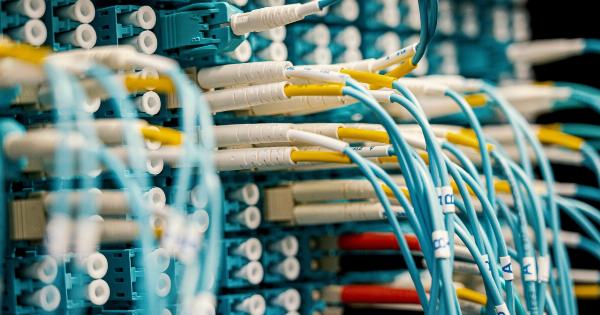Protein is an essential nutrient for our body and is needed for various processes such as building and repairing tissues, producing hormones and enzymes, and maintaining a healthy immune system.
However, consuming too much protein can have negative effects on our health, particularly the kidneys. This article will explore the damaging effects of excessive protein intake on the kidneys.
What is Protein?
Protein is a macronutrient that is essential for our body to function properly. It is made up of amino acids and is found in foods such as meat, fish, poultry, eggs, dairy products, beans, and nuts.
Our body breaks down the protein we eat into amino acids and then uses these amino acids to build new proteins as needed.
How Much Protein is Too Much?
The amount of protein a person needs depends on various factors such as age, gender, and activity level. However, the recommended dietary allowance for adults is 0.8 grams of protein per kilogram of body weight per day.
Consuming more protein than your body needs can put a strain on your kidneys. The kidneys are responsible for filtering waste products from the blood and excreting them through urine. One of the waste products produced by the breakdown of protein is urea.
When you consume more protein than your body needs, your kidneys have to work harder to filter out the excess urea. Over time, this can lead to kidney damage.
What are the Symptoms of Kidney Damage?
Kidney damage caused by excessive protein intake may not cause any symptoms in the early stages. However, as the damage progresses, you may start to experience symptoms such as:.
- Frequent urination
- Difficulty urinating
- Blood in urine
- Pain or discomfort in the lower back or side
- Swelling in the feet and ankles
- Fatigue
Can Kidney Damage Be Reversed?
If you suspect that you have kidney damage, it is important to see a healthcare provider as soon as possible. In the early stages, kidney damage may be reversible.
Your healthcare provider may recommend dietary changes, such as reducing your protein intake, and may prescribe medications to manage your symptoms and slow down the progression of the damage.
How to Reduce Your Protein Intake?
If you are consuming more protein than your body needs, there are ways to reduce your protein intake. You can:.
- Choose lean protein sources such as chicken, fish, beans, and nuts
- Limit your intake of red meat and processed meats
- Reduce your portion sizes
- Replace some of your protein sources with plant-based protein sources such as tofu, lentils, and quinoa
It is important to remember that protein is an essential nutrient for our body and should not be eliminated from our diet altogether. However, moderation is key.
Conclusion
Consuming too much protein can have negative effects on our health, particularly the kidneys. The kidneys are responsible for filtering waste products from the blood and excreting them through urine.
When you consume more protein than your body needs, your kidneys have to work harder to filter out the excess waste products. Over time, this can lead to kidney damage. To reduce your risk of kidney damage, it is important to consume protein in moderation and to choose lean protein sources.































